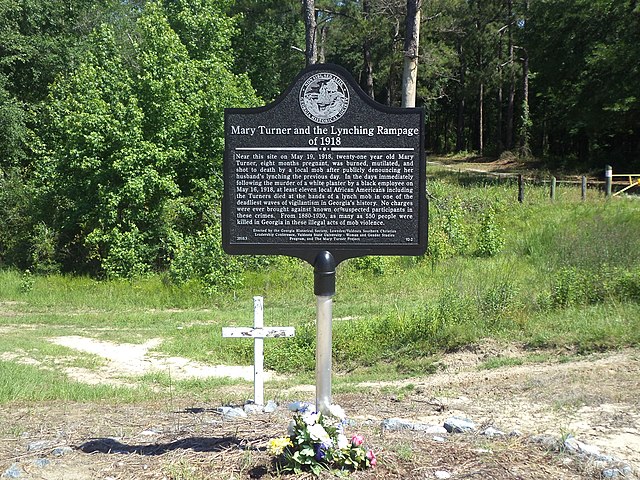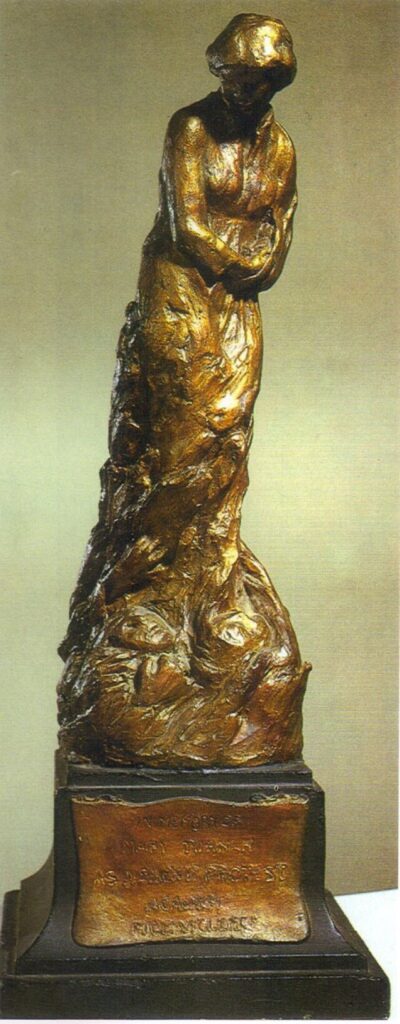In May 1918, a wave of racial terror swept through Valdosta, Georgia, culminating in one of the most brutal lynchings in U.S. history—the murder of Mary Turner, a young, pregnant Black woman who dared to demand justice for her husband.
The violence began after Hampton Smith, a white plantation owner known for exploiting and abusing Black laborers, was killed by one of his workers.
In retaliation, white mobs embarked on a days-long rampage, lynching at least 13 Black men and women. Among them was Hayes Turner, who had no connection to Smith’s death.

When Mary Turner, eight months pregnant, publicly denounced her husband’s murder and named his killers, the mob turned on her.
In an act of unspeakable cruelty, they dragged her to the banks of the Little River, hung her upside down from a tree, set her on fire, and cut open her stomach. Her unborn child fell to the ground, let out a single cry, and was stomped to death. The mob then riddled Turner’s body with bullets.
No one was ever arrested or punished for the atrocity. For decades, Turner’s story was suppressed, but her death became a catalyst for the NAACP and early anti-lynching activists who fought to expose racial terrorism in America.

Today, a memorial stands near the site of her murder, yet many remain unaware of this dark chapter.
Historians and activists argue that confronting such horrors is essential to understanding systemic racism and ensuring history does not repeat itself.

Did you know about Mary Turner’s story? Share your thoughts in the comments. Follow for more untold history.
